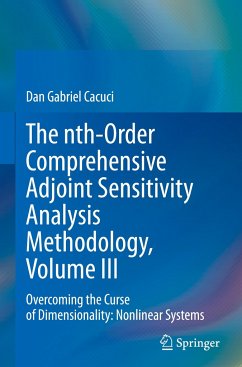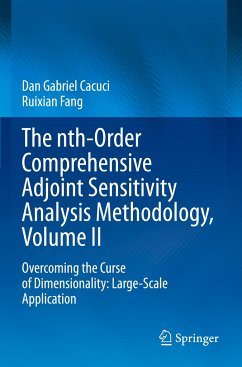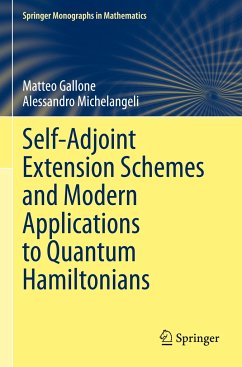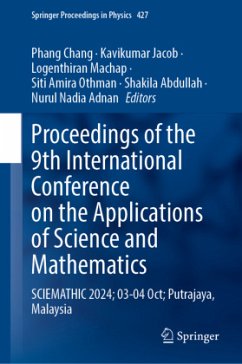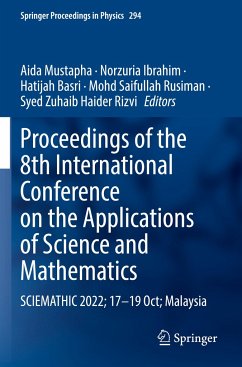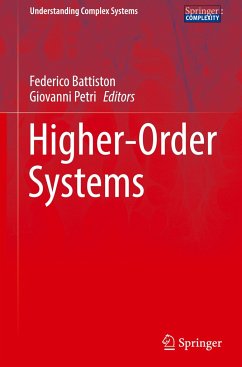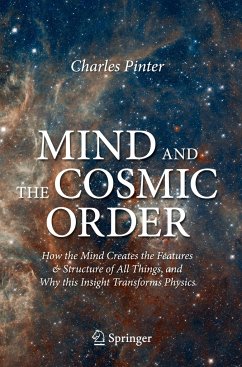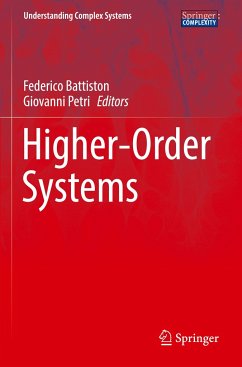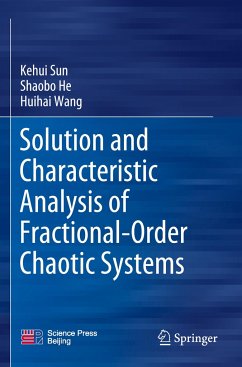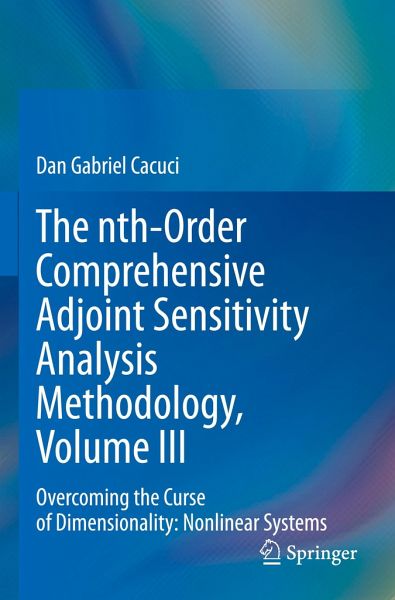
The nth-Order Comprehensive Adjoint Sensitivity Analysis Methodology, Volume III
Overcoming the Curse of Dimensionality: Nonlinear Systems
Versandkostenfrei!
Versandfertig in 6-10 Tagen
136,99 €
inkl. MwSt.
Weitere Ausgaben:

PAYBACK Punkte
68 °P sammeln!
This text describes a comprehensive adjoint sensitivity analysis methodology (C-ASAM), developed by the author, enabling the efficient and exact computation of arbitrarily high-order functional derivatives of model responses to model parameters in large-scale systems. The model's responses can be either scalar-valued functionals of the model's parameters and state variables (as customarily encountered, e.g., in optimization problems) or general function-valued responses, which are often of interest but are currently not amenable to efficient sensitivity analysis. The C-ASAM framework is set in...
This text describes a comprehensive adjoint sensitivity analysis methodology (C-ASAM), developed by the author, enabling the efficient and exact computation of arbitrarily high-order functional derivatives of model responses to model parameters in large-scale systems. The model's responses can be either scalar-valued functionals of the model's parameters and state variables (as customarily encountered, e.g., in optimization problems) or general function-valued responses, which are often of interest but are currently not amenable to efficient sensitivity analysis. The C-ASAM framework is set in linearly increasing Hilbert spaces, each of state-function-dimensionality, as opposed to exponentially increasing parameter-dimensional spaces, thereby breaking the so-called "curse of dimensionality" in sensitivity and uncertainty analysis. The C-ASAM applies to any model; the larger the number of model parameters, the more efficient the C-ASAM becomes for computing arbitrarily high-order response sensitivities. The text includes illustrative paradigm problems which are fully worked-out to enable the thorough understanding of the C-ASAM's principles and their practical application. The book will be helpful to those working in the fields of sensitivity analysis, uncertainty quantification, model validation, optimization, data assimilation, model calibration, sensor fusion, reduced-order modelling, inverse problems and predictive modelling. It serves as a textbook or as supplementary reading for graduate course on these topics, in academic departments in the natural, biological, and physical sciences and engineering.
This Volume Three, the third of three, covers systems that are nonlinear in the state variables, model parameters and associated responses. The selected illustrative paradigm problems share these general characteristics. A separate Volume One covers systems that are linear in the state variables.
This Volume Three, the third of three, covers systems that are nonlinear in the state variables, model parameters and associated responses. The selected illustrative paradigm problems share these general characteristics. A separate Volume One covers systems that are linear in the state variables.



